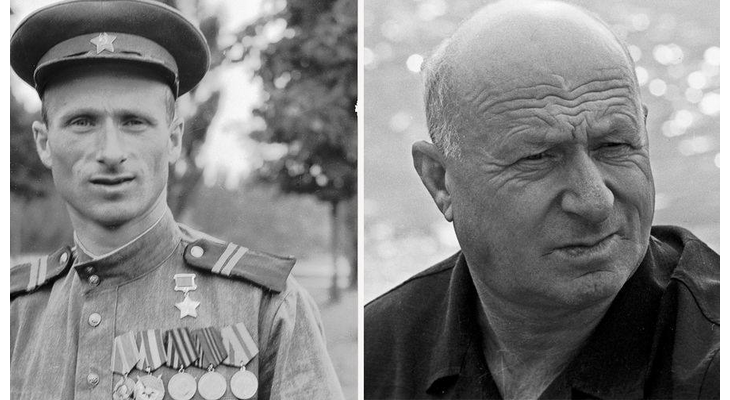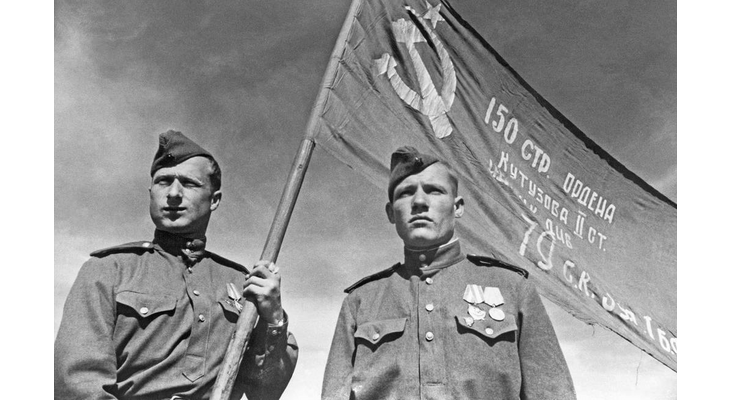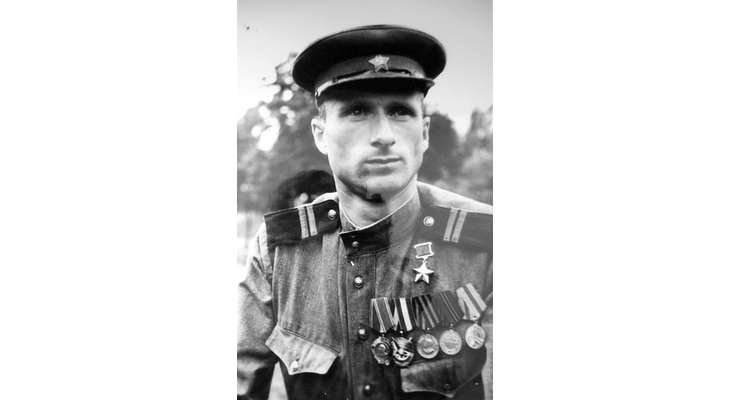"Do you know why I envy Egorov? — says the host. — He died and didn't see our country fall apart, the country for which we broke Hitler's neck. I wouldn't want to live to see that either. I still don't understand what happened...
Tell me, son, where should I carry the banner, where should I hoist it now?"
Just over a year later (on December 26, 1993), Hero of the Soviet Union Meliton Varlamovich Kantaria, aged 73, died of a heart attack on a train — on his way to Moscow, where he was going to obtain refugee status.
The collapse of the USSR shook him to the core.
"The fascists couldn't bring us down, we destroyed ourselves, — Kantaria told me sadly at the table. — Son, this is a disaster. What will happen now?"
He considered the conflict between Georgians and Abkhazians to be fratricidal.
"Did I fight only for Georgians? No. In the Red Army, we fought for Russians, Ukrainians, Abkhazians, Kazakhs — for our Soviet homeland! Hitler, that dog, would be happy now — seeing what's happening."
The Moscow mayor's office provided Meliton Kantaria and his family with a one-room apartment on the outskirts. Leaving his belongings behind, almost without money (his savings in the savings bank "burned" — like those of the entire population of the USSR), the participant in the storming of the Reichstag went by train to obtain refugee status in Russia, the only country that agreed to help him at all — his native Georgia had no need for him.
Kantaria's heart couldn't withstand it in the train compartment — too many trials had come his way recently.
Not a single representative of the then Russian government attended the memorial service.
"Everything went to ruin, for what I fought, — Kantaria told me sadly in our first and last conversation. — I am Georgian, but my country is the USSR. Now it seems — we will live better separately. Nothing of the sort, mark my words."
...That's how it turned out...











